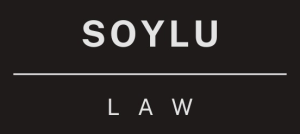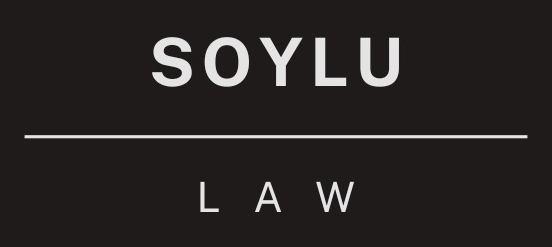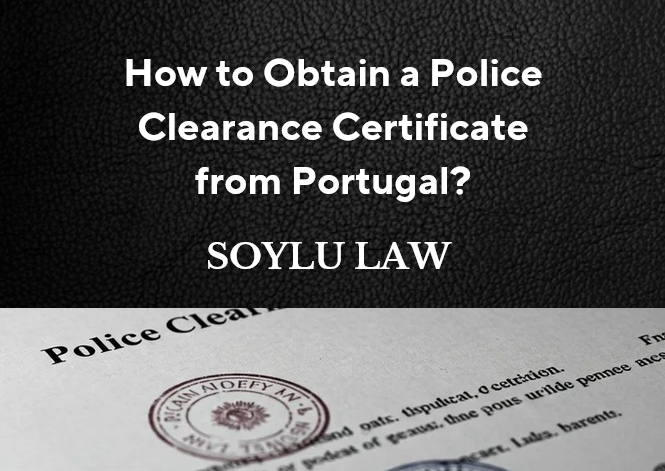Navigating the apostille process for Austrian educational documents requires understanding specific requirements and procedures established by the Hague Convention. Whether you’re a student pursuing education abroad or a professional seeking international recognition of your Austrian qualifications, proper document authentication is essential for your credentials to be accepted in foreign countries.
In this article, we’ll explore the complete guide to obtaining an apostille for your educational documents from Austria.
Understanding the Apostille Process for Educational Credentials
The apostille process for educational documents in Austria follows specific guidelines that ensure your credentials are recognized internationally. An apostille serves as an authentication mechanism that verifies the legitimacy of public documents when used in foreign countries that are signatories to the Hague Convention of 1961.
Educational documents from Austrian institutions require proper authentication before they can be used officially abroad. This process is particularly important for students, professionals, and individuals seeking international recognition of their Austrian qualifications.
When pursuing international opportunities, understanding the apostille requirements for your educational credentials is crucial to avoid unnecessary delays or rejection of your documents by foreign institutions.
Types of Educational Documents Eligible for Apostille
School Transcripts and Certificates
School transcripts, diplomas, and certificates from state-recognized institutions in Austria qualify for apostille certification. These documents must be original copies or officially certified duplicates issued by the competent educational authority.
University Degrees and Transcripts
Austrian university degrees, academic transcripts, and course completion certificates are eligible for apostille. The document must contain all necessary signatures and official seals from the issuing institution before it can receive an apostille.
Matriculation Certificates
Matriculation certificates that confirm enrollment or graduation from Austrian educational institutions can receive apostille certification when they include proper institutional authentication and verification elements.
Professional Qualifications and Specialized Certifications
- Technical school certifications
- Vocational training certificates
- Professional qualification documents
- Language proficiency certificates from recognized Austrian institutions
- Training completion certificates from state-approved programs
- Continuing education diplomas and course completion documents
The Competent Authorities for Educational Document Apostille
Federal Ministry Role
The Federal Ministry for Europe, Integration and Foreign Affairs handles apostille requests for documents issued by higher education institutions, including universities and technical colleges. The Ministry verifies the authenticity of signatures and seals before issuing the apostille.
Provincial Governments as Apostille Providers
Provincial governments in Austria are responsible for apostilling educational documents issued within their respective provinces. This includes school certificates, diplomas, and other educational credentials from regional institutions.
Documents must first undergo verification by the issuing educational institution before submission to the provincial government for apostille processing. This two-step procedure ensures proper authentication throughout the process.
Court Presidents for Certain Documents
The presidents of civil courts of first instance can authenticate documents within their jurisdiction, including certain educational certificates with legal significance. This typically applies to documents that have already received notarial certification.
Step-by-Step Apostille Application Process
Document Preparation Requirements
Educational documents must be in their original form or as certified copies with proper institutional signatures and seals. All documents must be current, legible, and free from alterations or damage that could compromise their legal validity.
Multi-page documents must be securely bound with all pages properly authenticated. Documents with electronic signatures may qualify for e-apostille if they meet specific technical requirements established in the 2017 amendment to the Apostille Law.
Submission Procedures and Options
You can submit apostille requests in person at the appropriate authority office or through authorized representatives with proper power of attorney. Some authorities also accept postal submissions with proper identification documents included.
For e-apostille requests, digital submission channels exist but vary by issuing authority. It’s advisable to confirm the specific electronic submission requirements with the relevant office before proceeding.
Processing Times and Expedited Options
Standard processing for educational document apostilles typically takes 5-7 working days, though this can vary by authority and current workload. Some offices offer expedited processing for urgent cases, usually at additional cost.
During peak periods (particularly before the start of academic terms), processing times may increase significantly. Planning your application at least 3-4 weeks before your deadline is recommended for international submissions.
Special Considerations for Foreign Use
Document Translation Requirements
While the apostille itself does not require translation, the destination country may require your educational documents to be translated. Translations should be completed by certified translators and may need their own apostille certification.
The translation apostille verifies the translator’s credentials rather than the content accuracy. Some countries accept translations done in the destination country, while others specifically require Austrian-certified translations.
E-Apostille Availability and Limitations
Since the 2017 amendment to Austrian Apostille Law, electronically issued educational documents can receive digital apostille certification (e-apostille). This process requires specific technical protocols and is only recognized by certain Hague Convention member states.
Before requesting an e-apostille, verify that your destination country accepts digital certification. Some nations still require traditional paper apostilles despite the technological advances in document authentication.
Country-Specific Requirements Beyond Apostille
- Some countries require educational credential evaluation in addition to apostille
- Certain nations maintain specific formatting requirements for apostilled educational documents
- Several countries have time limitations on apostille validity for academic credentials
- Some destinations require supplementary legalization steps through their consulates
- Certain regions have unique requirements for professional qualification documents
- Special procedures may apply for regulated professions with licensing requirements
Common Challenges and Solutions
Handling Older Educational Documents
Older educational credentials may present authentication challenges if the issuing institution has merged, changed names, or closed. In such cases, you may need to obtain verification statements from successor institutions or education ministries.
Documents issued before standardized security features were implemented may require additional verification steps. The apostille authority can provide guidance on handling vintage educational certificates that lack modern authentication elements.
Addressing Name Discrepancies
Name variations across different documents can complicate the apostille process. If your name appears differently on your educational documents than on your identification, you should provide legal proof of name change or identity.
Marriage certificates, court orders for name changes, or official declarations explaining name variations may be required as supporting documentation. Consistency in name representation is crucial for international recognition of your credentials.
Managing Digital and Non-Standard Formats
Educational documents in non-standard formats, such as digital-only certificates, may require special handling. Some institutions now issue blockchain-verified credentials that present unique challenges for traditional apostille procedures.
For digital-only documents, you may need to request specially formatted paper versions from your educational institution specifically designed for apostille purposes. The Austrian authorities have developed protocols for handling modern credential formats, but these may require additional steps.
Cost and Timeline Considerations
Standard Fee Structure
Apostille fees for educational documents in Austria typically range from €30 to €100 depending on the document type and issuing authority. Additional fees apply for express processing when available, usually doubling the standard fee.
Administrative costs may include document delivery, authentication steps, and handling fees. Payment methods vary by authority, with some accepting only bank transfers while others permit card payments or cash.
Additional Service Costs
If you utilize agency services for apostille procurement, expect to pay service fees beyond the official government charges. These services can be valuable for complex cases or when you cannot personally visit the authentication offices.
Translation services, document preparation assistance, and international shipping add to the overall cost. Creating a comprehensive budget that includes all potential expenses is advisable before beginning the apostille process.
Realistic Timeline Planning
- Allow 1-2 weeks for document verification by the issuing educational institution
- Plan for 5-7 business days for standard apostille processing
- Add 3-5 days for postal delivery within Austria
- Include 1-2 weeks for international shipping with tracking
- Consider potential delays during holiday periods or administrative transitions
- Factor in additional time for document translation if required
Legal Assistance With International Documents
Soylu Law Office specializes in international document legalization, including apostille services for Austrian educational credentials. Our team provides comprehensive support for document authentication, translation, and verification processes. We offer expert guidance on country-specific requirements and can assist with complex cases involving multiple jurisdictions. Our practice regularly handles apostille matters, criminal record certificates, and legal documentation for foreign nationals working or studying abroad.
For more help or consultation on this topic, you can contact us.



